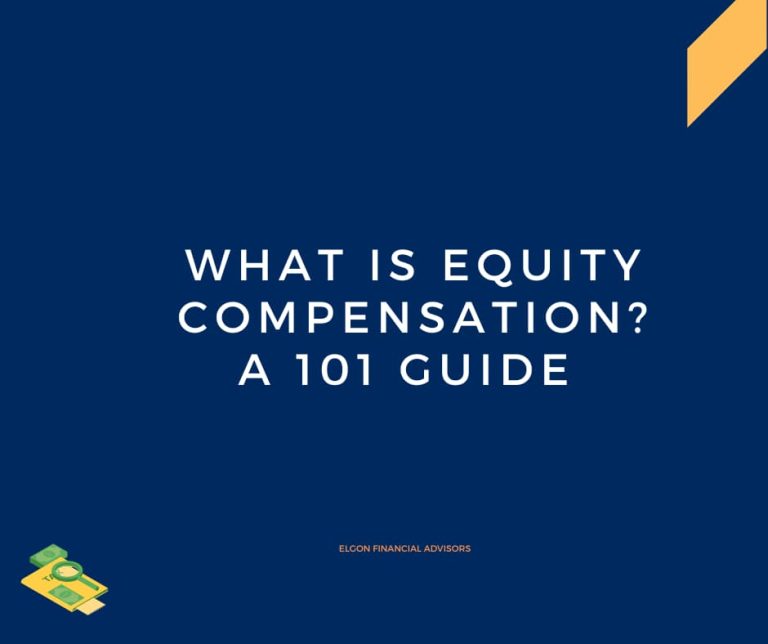Filing taxes for the first time as an immigrant or non-US citizen can be daunting.
Not only are you dealing with a new culture and a new financial/credit system, but you are also dealing with a new tax system.
In this post, I walk you through some of the high-level things you need to keep in mind as a first-year tax-filing immigrant and explain some basic tax concepts.
Ultimately, I’ll provide suggestions on individuals you can contact for assistance with this process.
If you have an earned income, you’ll be required to pay taxes. You’ll need to have a Social Security number (SSN) or an Individual Taxpayer Identification Number (ITIN) to file taxes.
Are You Tax Resident Or Tax Nonresident?
The next big-ticket item is figuring out if you are a tax resident or tax nonresident, as it determines the whole filing process.
In the post on how to determine your tax residency status, I go into detail on how to figure this out. In summary, as a non-US citizen, you need to pass one of the following tests to be considered a tax resident.
Be a green card holder or
Pass the substantial presence test
The substantial presence test requires you to be in the country for more than 183 days over three years. It includes the current year (at least 31 days) and the two years immediately preceding it.
Newcomers to the US will most likely not pass this test if they arrive after July 3rd (less than 183 days)
If you qualify as a tax resident, you will file taxes just like a US citizen, but you’ll need to include your worldwide income if any in addition to reporting any foreign assets back in your home country.
If you own rental property overseas, you’ll also need to include the rental income in your tax filing.
There are a couple of ways to avoid having to report overseas assets, but each has its pros and cons. I’ll go into more detail in a future post on preparing to move to the US financially.
Time your US move to ensure you’re a nonresident for the first year.
Sell your foreign assets, and especially anything that can be deemed to be a PFIC (Passive Foreign Investment Company), before you move. Typical PFICs include foreign-based mutual funds. PFICs are taxed very punitively by IRS.
The tax filing for PFIC is something many CPAs dread—a future post.
For someone who has just moved to the US, there is a very high probability that you still have assets back in your home country.
These assets must be reported.
First-Year Tax Filing – Dual-Status Taxpayer
Depending on when you arrive in the US, and your immigration status, you could end up being classified as a dual-status alien for tax purposes. For example
Ainsley arrived in the US on April 20th, 2024, with an H-1B visa. She continues working for her company until the end of the year. When filing 2024 taxes, she will be classified as a dual-status taxpayer.
She will be a non-resident from Jan 1st to April 19th, and a resident tax alien from April 20th to Dec 31st, 2024.
During her non-resident stay, she will only owe taxes on her US income, if any. However, for the resident portion, she will be liable for taxes on both her US and worldwide income.
Do You File Taxes If You’re On A Student Visa (F-1)?
If you are on a student visa, such as F-1, J-1, M, or Q visa, and you have US-sourced income, you must wait five calendar years before starting the 183-day count.
This assumes you have some US source income that you need to file taxes on. Examples of this include tips, scholarships, fellowship grants, dividends, etc.
Based on this, it’s safe to assume you’ll be filing taxes as a nonresident for a couple of years unless your visa status changes.
First-Year Tax Filing – Tax Nonresident
As a nonresident tax alien (non-US person), you file taxes using form 1040-NR. The same form would apply to an estate or trust that had to file a nonresident return.
Some things to keep in mind as you file via the Form 1040-NR
You are not able to take advantage of the standard deduction.
You cannot file jointly if married. But if married to a US citizen (US resident), you have the option to choose to be treated as a resident for that tax year, allowing you to file married.
It’s more challenging to claim exemptions for dependents.
You do have a few deductions and tax credits you can take advantage of. To determine your situation, I highly recommend consulting with a tax preparer who is well-versed in this aspect of tax filing.
Basic Tax Concepts To Be Aware Of
As you embark on your tax journey, it will be very helpful to understand some basic tax vocabulary that will allow you to speak the language.
If you’re unsure about how to proceed, consider consulting a professional, such as a CPA or Enrolled Agent, who can assist you with your taxes.
They must understand international tax matters and first-year tax filing for immigrants, especially if you need to file FBARS or have overseas assets.
Happy to introduce you to professionals in Elgon’s network.
Ready to file?
Need Help Figuring Out The US Financial Landscape?
Free Financial Assessment
If not ready to start, that’s okay, but please stay on top of our regular updates by email, or by joining here. Sign Up Here.as

6 Things to Do
When Starting A Job on H-1B Visa
You are starting a new job on a work visa, there are some critical things, that will set up for financial success in the first 3-6 months. Download the free guide below for the detailed list!
We never spam. By signing up you’ll also receive access to future resources right to your inbox.
Disclaimer: This article is provided for general information and illustration purposes only. Nothing contained in the material constitutes tax advice, a recommendation for the purchase or sale of any security, investment advisory services, or legal advice. I encourage you to consult a financial planner, accountant, and/or legal counsel for advice specific to your situation. Reproduction of this material is prohibited without written permission from Jane Mepham and all rights are reserved. Read the full disclaimer here.







